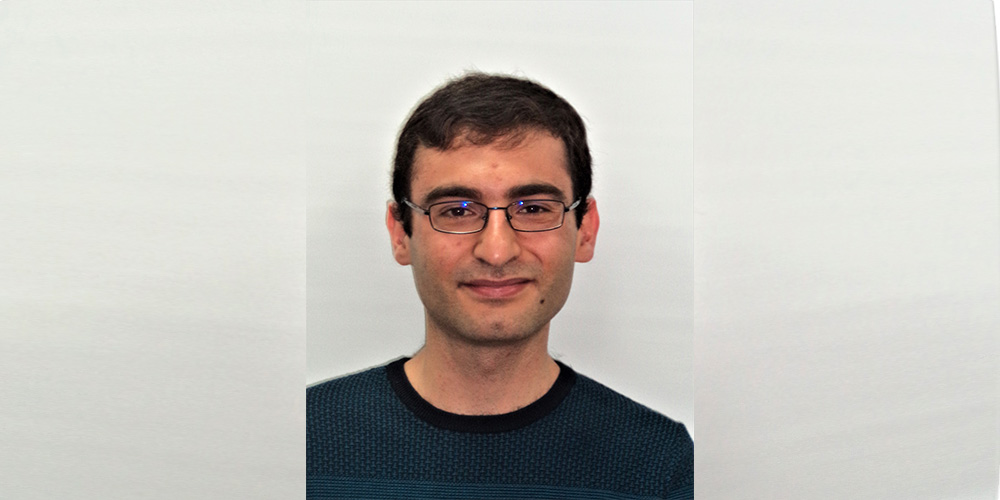Author: Miguel Azzopardi
Merely counting greenhouse gas emissions will not address climate change. The solution is closer than we think: our own use of space. Look at land use: switching to a flexitarian, vegetarian and vegan diet is one of the greatest individual contributions. To produce meat, the industry puts heaps of land aside for animals and their fodder. Plant-based diets would mean less land is used for agriculture. Economising space can apply to other areas.
Our transportation model is heavily dependent on car usage. Segregated bus and cycle lanes are rare in Malta, even if these modes of transport allow more people to travel using the same space. Car-pooling in Malta is picking up, but not yet mainstream. COOL is one example of car-pooling initiatives that are slowly gaining traction. Various eNGOs, like Extinction Rebellion Malta, are lobbying for the government to further incentivise public transport. This way, there would be no need to sacrifice agricultural land for road-widening and car-mania. Instead, Malta could start looking into reforestation and rewilding.

Our approach to urban planning would benefit from environmentalist reorganisation. In Malta, developers enjoy a free-for-all. Numerous charming one- or two-storey buildings are choked by neighbouring high-rises. In some instances, people have installed solar panels on their roof only to have them covered by shade. Shade has wasted away gardens and affected mental health — all on a sunny Mediterranean island. Proper planning would allow more uniform streetscapes, urban greening and better utilisation of roof space. The environment minister Aaron Farrugia’s ‘green revolution’ should encompass all planning on the Maltese Islands.
Land reclamation has been proposed as a possible solution to Malta’s limited space. The process does not create space, it repurposes space that already exists. In Malta, this means more environmental destruction as we bury natural habits like meadows of protected seagrass (Posidonia oceanica), which are also valuable carbon sinks. Reclamation is not an option due to the climate crises and widespread presence of Posidonia around our shores. We should be protecting and restoring natural habitats, not destroying them.
Maltese authorities have ignored spatial planning suggestions. Faced with the crisis, Malta needs to acknowledge that if we want to meet ambitious climate emission targets we need to have coherent planning policies and direction that give the environment the priority it deserves.
Miguel Azzopardi is a history student at the University of Edinburgh and an activist with Extinction Rebellion Malta.





Comments are closed for this article!